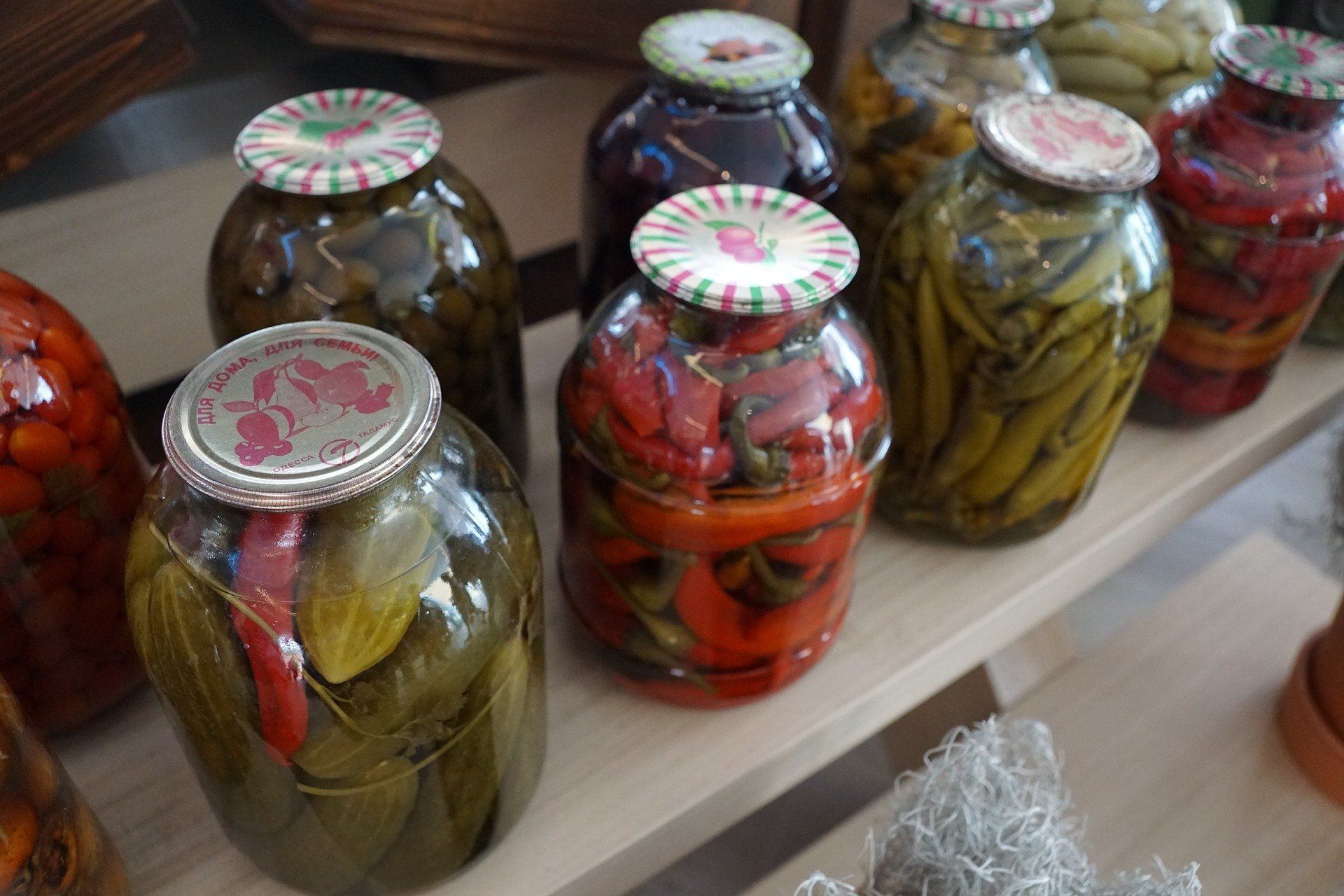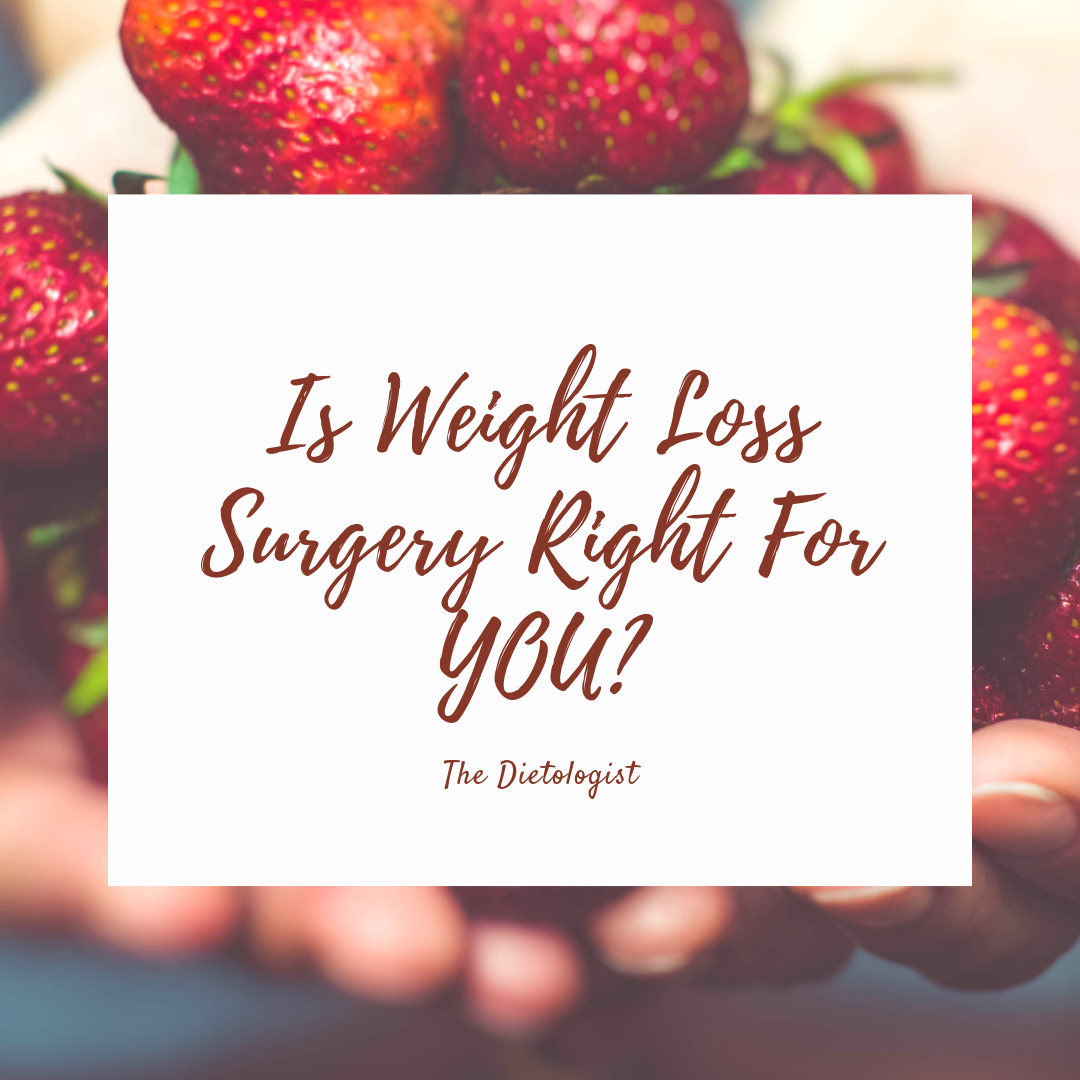Whether you’re housebound for the next couple of weeks from Covid19 or simply trying to survive school or work shutdown, you’ll likely be limiting or avoiding trips to the supermarket.
Well, here’s some good news: You can make nutrition a priority, and it’s something that is all the more important if your immune system may be compromised.
It’s possible to eat healthily when stuck at home, Choosing store cupboard foods like canned or dried goods, dried pasta, rice and legumes and utilising your freezer, where you can store bread, meats, fish, vegetables, fruit and more, are great ways to ensure you have a great variety when your visits to the supermarket are limited.
Though it might look impossible with the hysteria of Covid19 and all the panic buying. Supermarkets are now laying down restrictions on certain products like toilet roll and hand sanitiser… yippee! At the moment there’s no indication that food retailers will be unable to meet the demand of customers. It’s also important to consider the needs of others and not panic buy!
So only purchase what you actually need, and these items will last you a while, which is convenient when you’re unable to leave your home. Don’t forget after Bariatric surgery your portions are halved so ready meals will last for two-three meals and not one!
Remember once you have moved on from the healing phase of the diet (6 weeks post-surgery) you should aim to eat firmer/solid meals to really get the most from your surgery. During these difficult times it may well be difficult to keep to the rules, but it will not be impossible! Also contact the GP surgery for an advance on your prescriptions to save the panic later.
What to buy for your store cupboard:
The basics
- Tinned tomatoes. Chopped tomatoes, plum tomatoes are a staple ingredient of many popular recipes– including pasta sauces, curries, soups and chilli con carne. You can also buy tinned tomatoes with herbs and spices or passata (sieved tomato) in jars.
- Stock cubes/ gravy granules used in stews, curries, rice dishes, soups and gravy. It will add extra flavour to couscous and other grains. The cheapest form of stock is cubes. If you know a butcher who’ll give you bones for free, you can make your own stock. It takes time, but there’s very little work involved, and it can be frozen in batches.
- Cooking oil. Many dishes require some oil for cooking, but it doesn’t need to be anything fancy. The most versatile oil is vegetable oil as it’s a healthy fat. We all need some fat In the diet to maintain healthy cells. Avocados and nuts are also a good source of healthy fats. Buy a combination of ripe and unripe avocados so you can eat them at a later date. Top Tip, don’t forget to use the oil of sun dried tomatoes and vegetables for cooking.
- Salt. This most basic of seasonings will be required in most savoury recipes. The aim is to use salt to enhance the flavour of other ingredients.
- Herbs and Spices: Adding flavour is important when it comes to cooking. Dried herbs and spices are an inexpensive way of doing that and have the advantage of keeping for a while if they are kept well sealed and out of direct sunlight. You can also buy garlic and ginger in tubes just like tomato pureed.
- Pepper. Like salt, pepper enhances the taste of other ingredients. It adds a spicy warmth. Pepper should be added towards the end of cooking as it loses flavour when cooked.
- Lemon juice. This makes it onto the list because its acidity can transform many different dishes. Fresh does taste best, but a bottle is cheaper, lasts longer and does the job.
Pulses and lentils:
- Make sure you buy these on your next visit to the supermarket. You can get them dried or canned so they’re long lasting but also a great starting point to base a meal around as they are high in plant-based protein and fibre.
- Pulse and lentil can easily be used to replace meat, chicken or fish and can be added to stews and casseroles for extra protein. Chickpeas and lentils can be mixed with salads and pasta dishes or used in soups if you are on the soft stage of the diet post-surgery. You could make your own hummus from dried or canned chickpeas. You may never want to buy ready-made hummus again!
Canned Fish/Preserved Fish:
- Canned or vacuum-packed fish such as tuna, salmon, mackeral or pilchards are a great source of protein and high in omega 3 fatty acids. These fats boost heart health and reduce inflammation which will help improve immunity. Whether they are tinned in brine, water or oil it doesn’t matter, just make sure you drain the solution off. They can also be eaten alone as a high protein snack.
Eggs, Milk & Dairy:
- Did you know you can buy dehydrated egg powder? Egg white powder/mix? Or pasteurised eggs from the supermarket? Well, yes you can, either chilled or dried. For dried egg powder you may need to visit a health food store or order online but it is readily available and great for omelettes and scrambled egg.
- Milk- you can buy dried skimmed milk powder, coffee creamers (dried or liquid) or UHT milk. Dried milk powder can be added to soups, stews or casseroles for extra protein. Milk can also be stored in the freezer, defrost before use.
- Some hard cheese freezes very well like cheddar or gouda. You can freeze it as it is or grate it or cut into cubes for bite size portions.
Frozen ingredients:
- The freezer section of supermarkets stock a lot of processed food, but there are some great value gems to be found. A well-stocked freezer can make life much easier, providing healthy, balanced meals in minutes.
- Frozen vegetables. Stock up on broccoli, cauliflower, peas, onions and mixed vegetables so you’ll always have options for healthy meals. Frozen sweetcorn is better than tinned because you can use the exact amount you need without being restricted by the tin size. You could freeze your own fresh vegetables if you want to support your local grocer.
- Frozen fish and seafood. Cook-from-frozen fish fillets are a healthy standby. Seafood mixes make great fish pie on the soft stage of the diet, stir fries and pasta dishes.
- Meat and meat substitutes. Try cook-from-frozen mince, Quorn, vegetarian sausages or diced meat for stir-fries, wraps and curries. Quality varies, but frozen doesn't equal bad (for instance, many good butchers sell frozen meat). If you want to support your local butcher buy in bulk and freeze!
- Frozen fruit. For healthy sweet treats, frozen fruit makes a great dessert added to Greek yoghurt or blend frozen over ripe bananas for a healthier alternative to ice cream. You can also make smoothies for the pureed and soft stage post-surgery, add linseed/flaxseeds for extra fibre and healthy fats.
- Other things to consider are frozen fresh herbs, root ginger, garlic and chillies.
Starches/ Carbohydrates
- Starchy foods such as flour, rice and pasta should be included at most meals unless if you have been advised otherwise. They are cheap and store well in air-tight containers. Here are some tips on what types to buy and how to use them:
- For a quick dinner, dried pasta is unbeatable. Add pesto, sun dried tomatoes, herbs and spices to add flavour and don’t forget the protein. Brown pasta is better for your health, though it takes a little longer to cook. Good ingredients to keep in stock for pasta dinners are tinned fish, cured meat, sweetcorn, olives, capers and preserved vegetables in oil, such as artichokes, tomatoes and peppers.
- Bread- this is time to brush up on your bread making skills. Making your own bread can be fun so stock up on bread mix or bread flour and activated yeast. You can make your own pizza bases and make them thin and crispy to cut the carb content. You can also buy part baked rolls or freeze fresh bread.
- Crisp bread, cracker, rice cakes and breadsticks: As these are dried goods they’re always good to have at home. Add hummus, light cream, smoked fish, cheese or almond butter to add protein.
- Noodles come in many shapes and sizes – they are all quick to cook and very versatile. Use them in soups, sauces and stir-fries. The most common in the UK are egg noodles, which can be used in stir-fries or alongside meat and vegetables. Frozen prawns, Quorn and tofu are great ways to add protein without relying on fresh produce.
- Rice. Ideally brown rice contains more fibre and maybe more readily at the moment as everyone will by buying white rice! It benefits from thorough rinsing with cold water before cooking and has a nutty flavour. Add to stir fries and risottos. Remember many of you may struggle with rice after bariatric surgery so be careful.
- Other starches to try. Couscous and Bulgar wheat are easy to cook: a bit of measuring and then simply soak it in boiling water. Serve it in salads, or with stews and grilled meat. Quinoa is a useful high-protein standby. It’s easy to cook, with a mild nutty flavour. Pearl barley has little flavour, so can be used in soups and stews as a thickener and great for the soft stage of the diet. Oats are a good store-cupboard ingredient and can be used to make home-made granola.
Other:
- Multivitamin and minerals, Almond butter, peanut powder, dried onions, dried herbs & spices, capers, pickled vegetables such as gherkins/olives, ground almonds, flaked almonds, soya sauce, vinegar, no added sugar squash, decaff coffee, low calorie hot chocolate, paracetamol, flu remedies….
For most people, coronavirus (COVID-19) will be a mild illness.
Stay at home if you have either:
- A high temperature- this means you feel hot to touch on your chest or back (you do not need to measure your temperature)
- A new, continuous cough- this means coughing a lot more than an hour, or 3 or more coughing episodes in 24hours (if you usually have a cough, it may be worse than usual)
- DO NOT go to the GP surgery, pharmacist or hospital.
- Use the 111 online coronavirus service
to find out what to do.
#coronavirus #covid19 #storecupboard #weightlosssurgery #bariatricsurgery #panicbuying #staysafe




